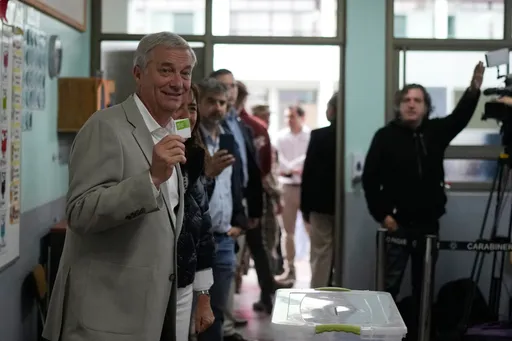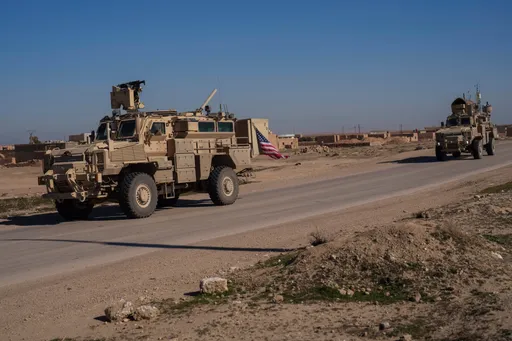China's defence minister has accused the United States of trying to "hijack" the support of countries in the Asia-Pacific region to turn them against Beijing, saying Washington is seeking to advance its own interests "under the guise of multilateralism."
Defence Minister General Wei Fenghe lashed out at US Secretary of Defense Lloyd Austin on Sunday, rejecting his "smearing accusation" the day before at the Shangri-La Dialogue that China was causing instability with its claim to the self-governing island of Taiwan and its increased military activity in the area.
Austin had stressed the need for multilateral partnerships with nations in the Asia-Pacific, which Wei suggested was an attempt to back China into a corner.
"No country should impose its will on others or bully others under the guise of multilateralism," Wei said.
"The strategy is an attempt to build an exclusive small group in the name of a free and open Indo-Pacific to hijack countries in our region and target one specific country — it is a strategy to create conflict and confrontation to contain and encircle others."
'China will develop its military'
China has been rapidly modernising its military and seeking to expand its influence and ambitions in the region, recently signing a security agreement with the Solomon Islands that many fear could lead to a Chinese naval base in the Pacific, and breaking ground this past week on a naval port expansion project in Cambodia that could give Beijing a foothold in the Gulf of Thailand.
Last year US officials accused China of testing a hypersonic missile, a weapon harder for missile defence systems to counter, but China insisted it had been a "routine test of a spacecraft."
Answering a question about the test on Sunday, Wei came the closest so far to acknowledging it was, indeed, a hypersonic missile, saying, "As for hypersonic weapons, many countries are developing weapons and I think there's no surprise that China is doing so."
Wei accused the US of "meddling in the affairs of our region" with the patrols, and "flexing the muscles by sending warships and warplanes on a rampage in the South China Sea."
Wei and Austin met one-on-one on Saturday, and Taiwan featured prominently in their discussions, according to the US.
Australia, China meeting
On Sunday, Wei met with Australian Defence Minister Richard Marles, which the Australian Broadcasting Corp. reported was the first high-level meeting between the two countries in more than two years.
Marles said it had been three years since Chinese and Australian defence ministers had met, and called the meeting a "critical first step."
"Australia and China's relationship is complex and it’s precisely because of this complexity that it is really important that we are engaging in dialogue right now."
























